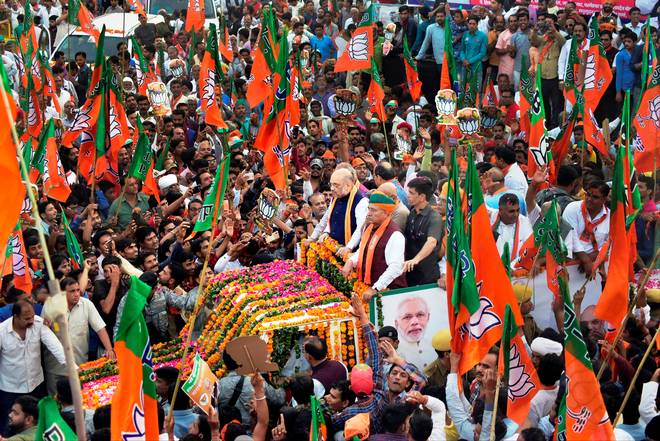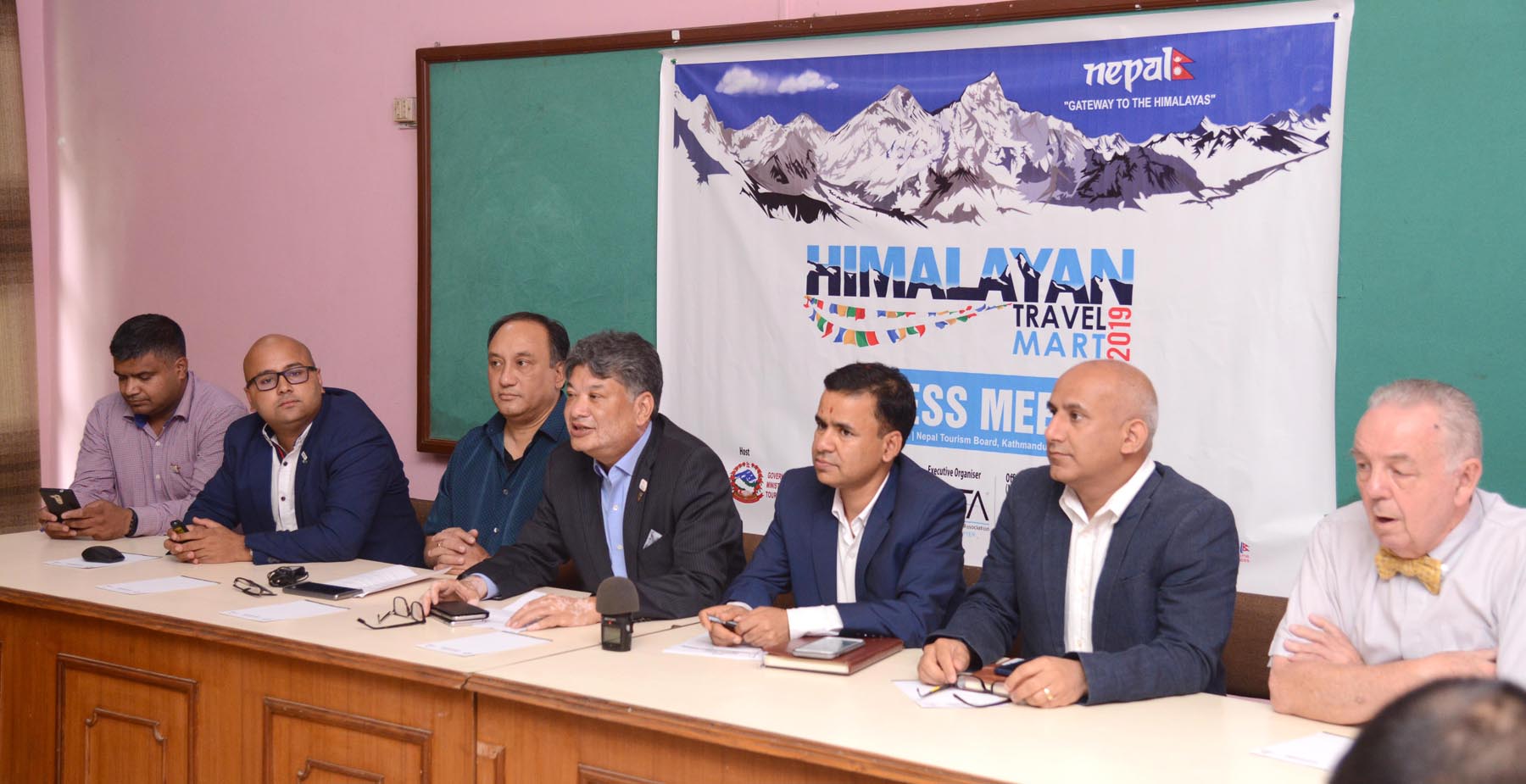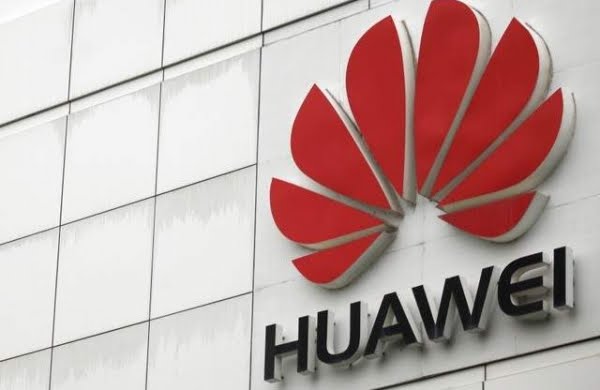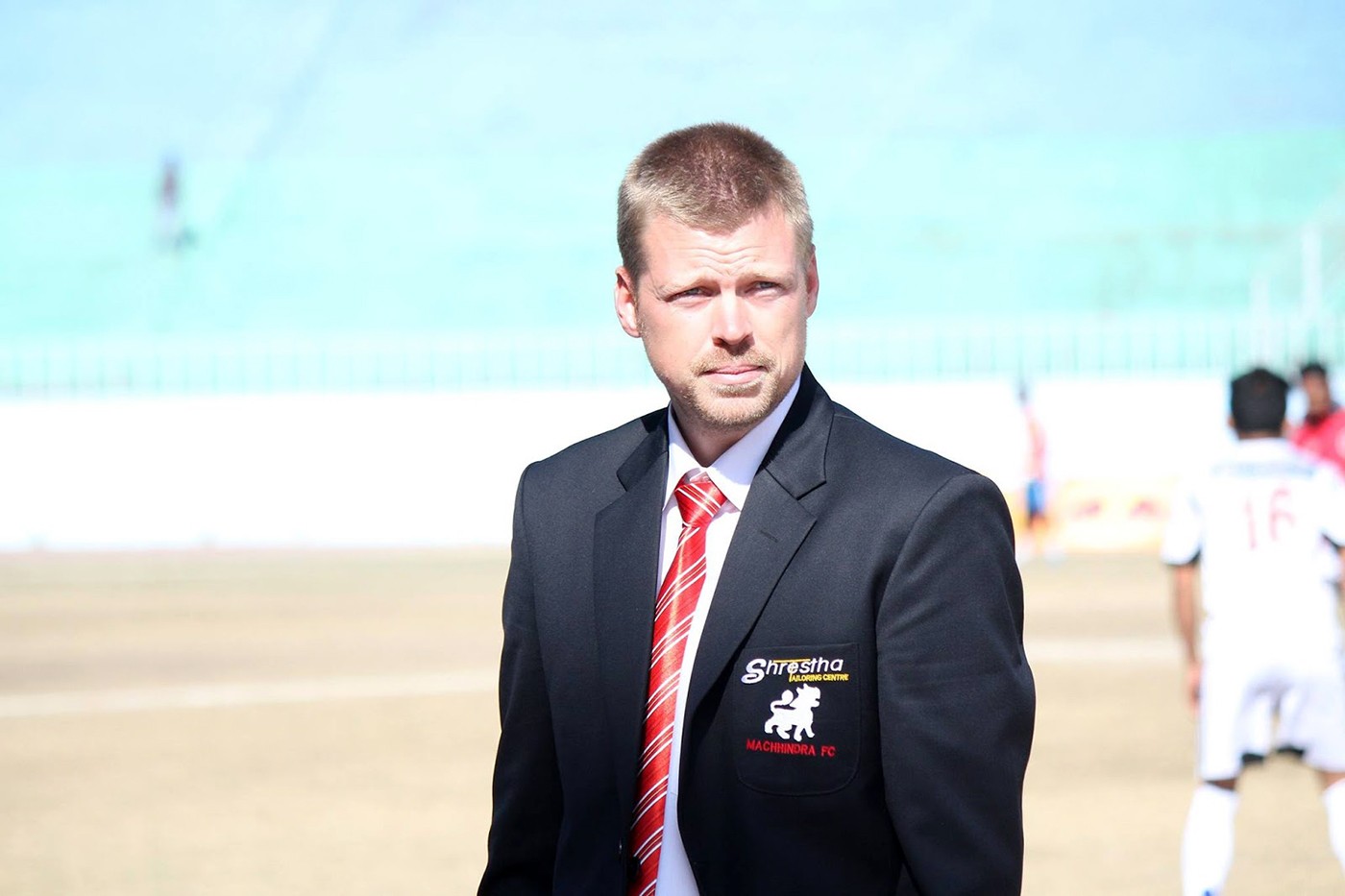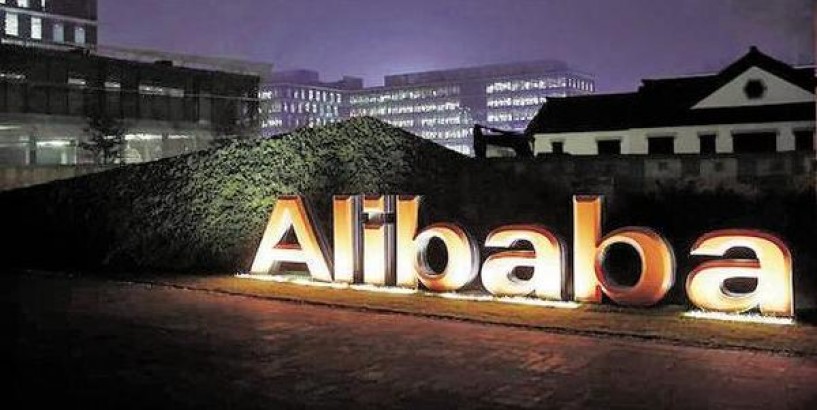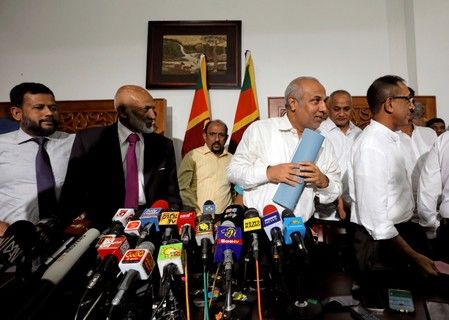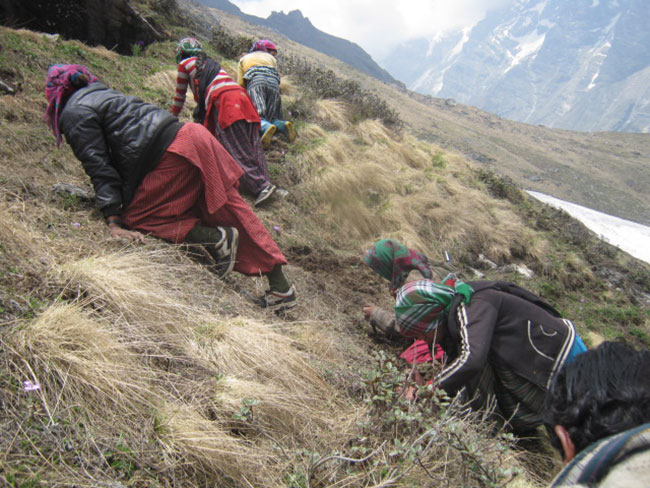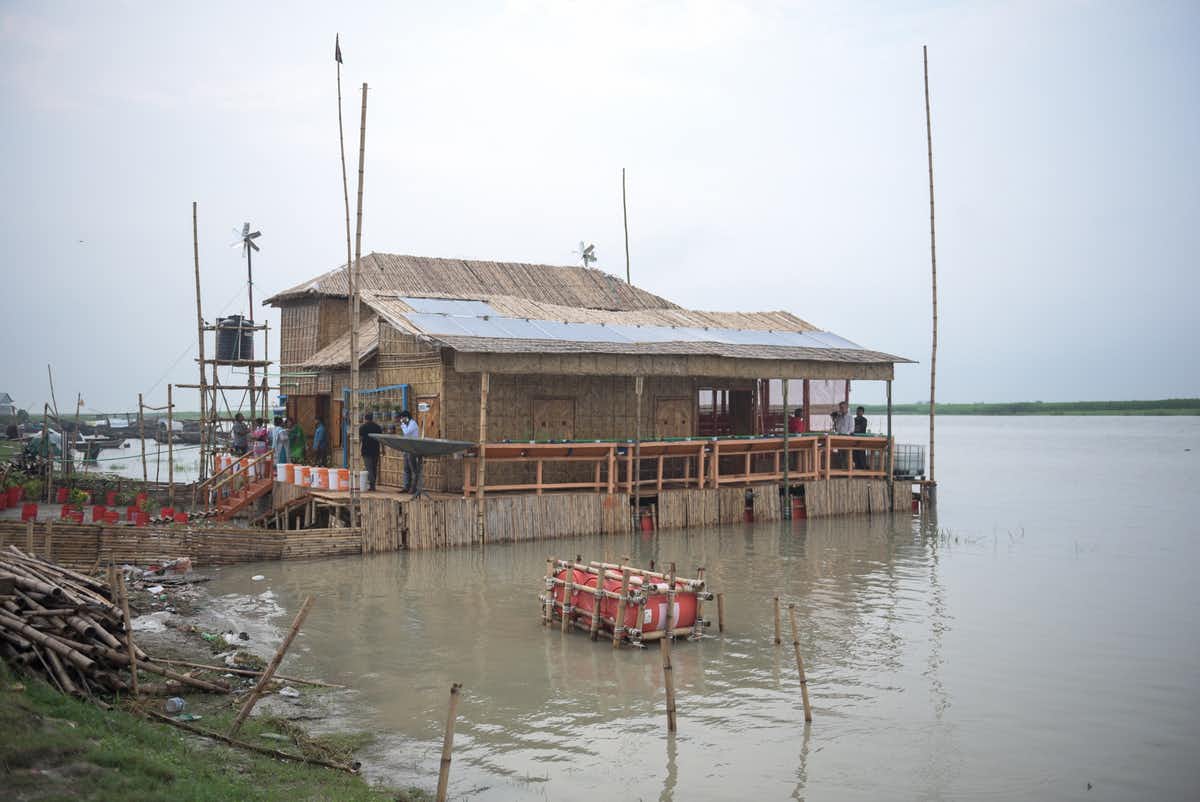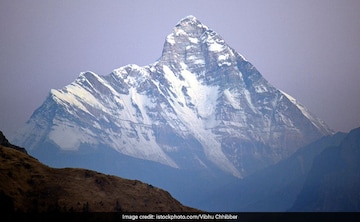Hong Kong: Alibaba is considering raising as much as $20 billion through a listing in Hong Kong, people familiar with the matter told Reuters, lining up a second blockbuster deal following its 2014 record $25 billion float in New York.
The deal, the biggest follow-on share sale in seven years globally, would give Alibaba a war chest to keep investing in technology – a priority for China as growth flags and as the world’s second-largest economy faces a mounting trade spat with the United States.
The e-commerce giant is working with financial advisers on the offering and is aiming to file an application confidentially in Hong Kong as early as the second half of 2019, three people said on condition of anonymity as the plans are not public yet.
They cautioned that many details were not clear, including the final planned size. One person with direct knowledge said it was more likely to be between $10 billion and $15 billion.
At $20 billion, Alibaba’s deal would be the sixth-biggest follow-on share sale ever, Refinitiv data shows, ranking behind NTT’s 1987 $36.8 billion sale, crisis era offerings of $24.4 billion and $22.5 billion from the Royal Bank of Scotland and Lloyds Banking Group, as well as the $20.7 billion raised by U.S. insurer AIG in 2012.
A spokesman for Alibaba declined to comment.
SoftBank Group, Alibaba’s largest investor, did not immediately respond to a request for comment.
The Japanese tech investor has a 28.8% stake, worth $115.7 billion, in Alibaba after it sold a small part of its original holding via derivatives to fund its acquisition of chip designer ARM in a transaction that completes next month.
SoftBank founder and CEO Masayoshi Son is a close friend of Alibaba founder Jack Ma.
Added liquidity
Since its U.S. listing, Alibaba has nearly doubled in size to become the largest-listed Chinese company with a market value of more than $400 billion.
A Hong Kong listing would give mainland investors their first direct access to one of China’s biggest success stories, via the stock connect trading link between Hong Kong, Shanghai and Shenzhen.
It would also give the company an extra pocket of liquidity and potentially a better valuation if the household name became a favourite among retail investors in Hong Kong.
A Hong Kong-based analyst said while Alibaba is not in need of cash, the listing could help it improve its access to loans from Asian banks. “It means closer access to Chinese investors, and maybe Chinese investors are more bullish than the global investors in Alibaba,” the analyst added.
Rival Tencent, which is listed in Hong Kong, is trading at 26 times its expected earnings compared with Alibaba’s 22 times in New York, according to Refinitiv data.
A Hong Kong listing for Alibaba would come as its 54-year-old founder prepares to step down as chairman in September, handing over the mantle to CEO Daniel Zhang.
The company is also expanding into new sectors including cloud computing division and Hema, its chain of brick-and-mortar supermarkets as growth in its core e-commerce business slows.
The listing would provide Alibaba with additional capital to fund its new and expensive initiatives, said James Hull, founder of Hullx capital and co-host of the China Tech investor podcast.
“Alibaba has strong and growing free cash flow, but they’re also pursuing cash-hungry new initiatives,” he added.
Homecoming
An Alibaba float would be seen in Hong Kong as a victory, after the city lost the tech giant’s initial public offering to New York because its then rules precluded it accepting Alibaba’s governance structure, where a self-selecting group of senior managers control the majority of board appointments.
Hong Kong amended its rules last year to make it easier for “innovative companies” listed in New York or London to carry out a secondary listing in Hong Kong, as part of a broader shake up of the city’s listing regime.
The new rules allow already-listed companies based in greater China, whose original float was before December 15, 2017, to list in the city even if their current weighted voting rights structures contravene Hong Kong’s rules for primary listings.
Such companies can also apply confidentially for a listing, as Alibaba is expected to do.
Early last year, when Hong Kong was preparing to allow dual-class share listings, Alibaba founder Jack Ma had said that the company would “seriously consider” a listing on its exchange.
So far, no company has used the new secondary listing rules to raise funds in Hong Kong.
A spokesman for HKEX declined to comment on news of Alibaba’s listing plans in Hong Kong.
This story has been published from a wire agency feed without modifications to the text. Only the headline has been changed






